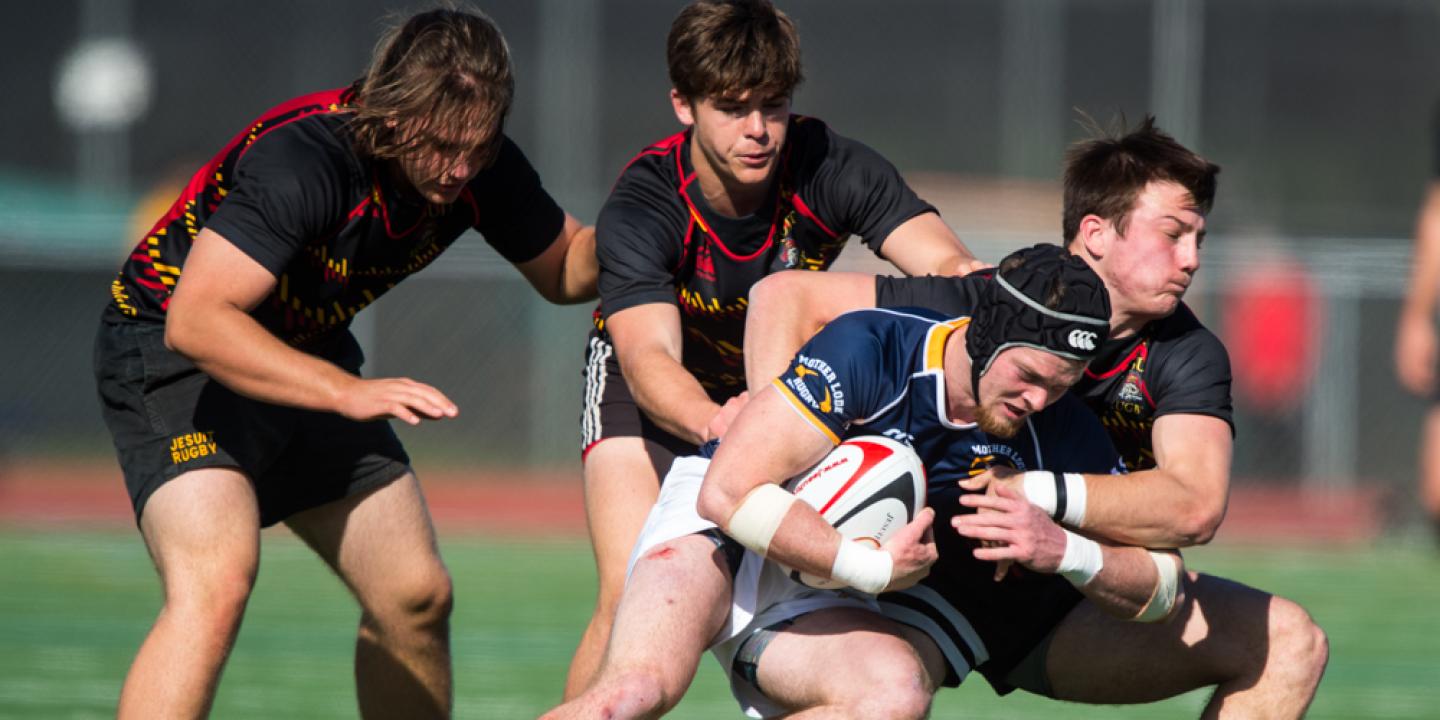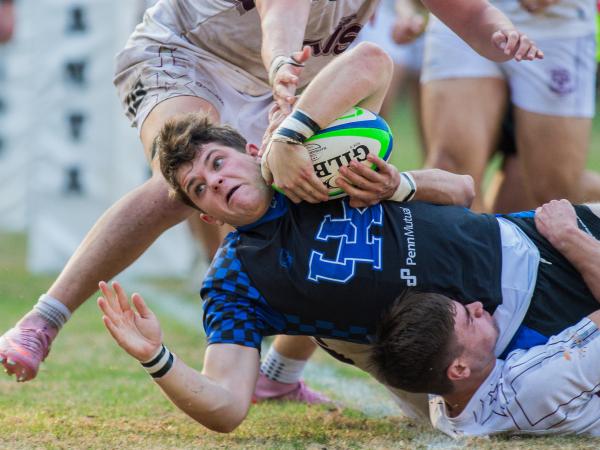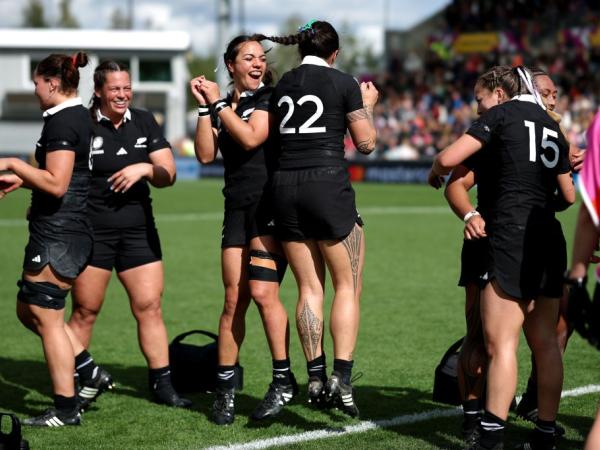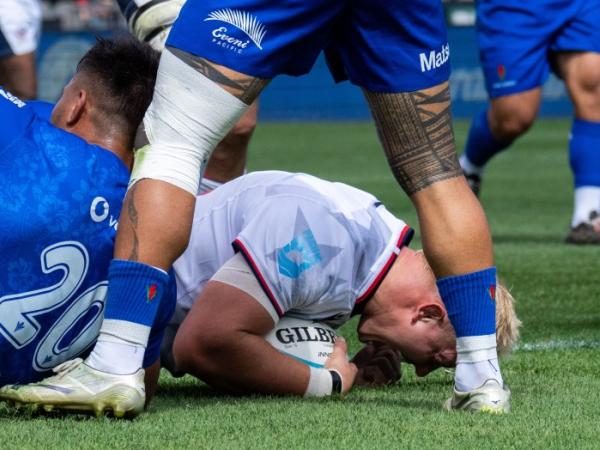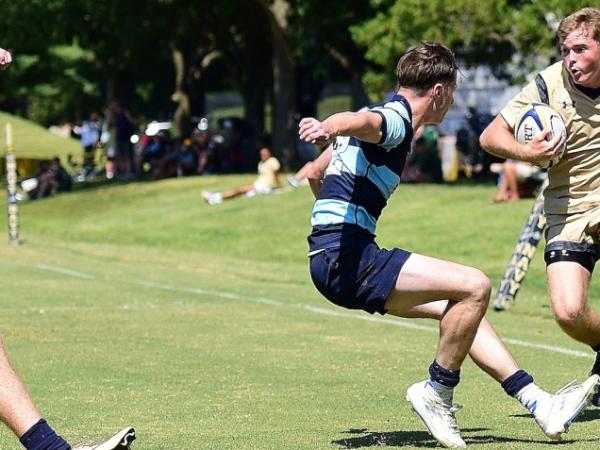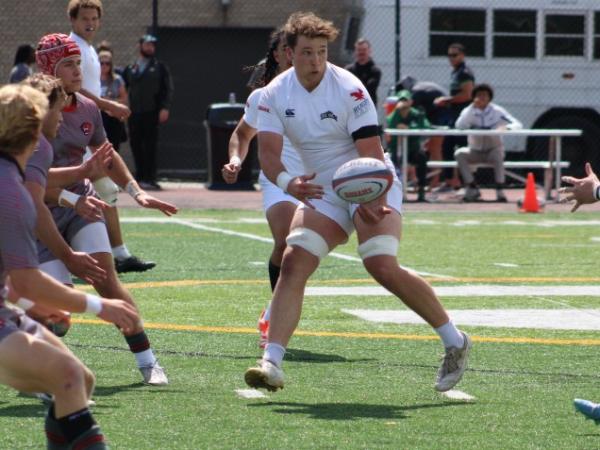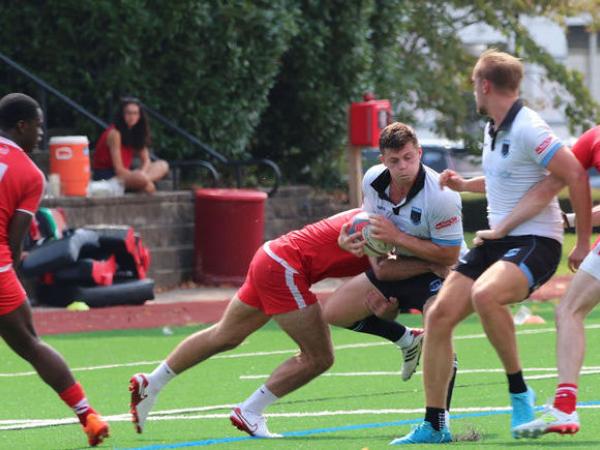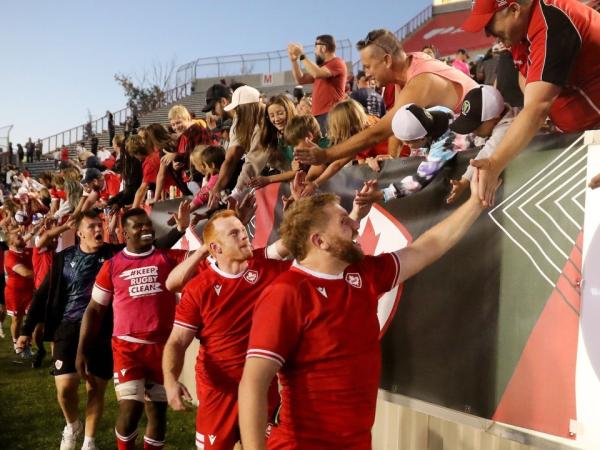Rugby will return to high school teams at some point—maybe not soon, but it will be back, and it may not be so different as it was before.
While a task force of youth and high school rugby people are working on a plan to form a new USA Rugby division of Youth & HS, it's reasonable that players and coaches will have questions. Here are a few answers:
When the shutdown ends, will we be able to play rugby?
Yes, we're pretty sure about that. The USA Rugby liability insurance, which is a key factor here, will still be valid. That allows your team to book fields and covers your team should there be a claim against you.
But you'd still have to CIPP as normal.
Also ... and this is important ... there's liability insurance that protects players, coaches, and teams from being sued, and there's insurance to help cover costs due to injury. They are different policies.
How would a new Youth & HS association operate?
The model is likely that of AYSO, the American Youth Soccer Organization. It would be separate from USA Rugby in that it would run its own finances, create its own requirements, and run its own disciplinary functions. The key part of the plan would be that the finances would be separate. This Youth & HS Association would take in dues from players and teams, and likely send a portion on to USA Rugby for the NGB's oversight and other costs, but keep a portion of those dues for its own operations.
So you wouldn't have a situation where an overspend of the Men's Senior National Team would mean funds due a State-Based Youth & HS organization would be used to pay for that overspend.
Who would run it?
There would have to be elections. The biggest problem back in the old days of yore in USA Rugby was that the turnout for elections to the USA Rugby Board of Directors was horrible. No one bothered. Today, with the internet the main form of communication, it would be possible to contact every member and push for votes.
But it is clear that a Board would have to be voted in, and that Board would then be responsible for hiring key personnel.
HS Rugby Players—Get Noticed!Put your player info into our Player Recruiting Data Base. It's free, and it exposes you to college, academy, and select-side coaches and uses the power of Goff Rugby Report to get your name out there. |
What about insurance?
That's one of the big questions. The current USA Rugby insurance will cover through August, but what happens after that? The currently-named National Small College Organization (NSCRO) has publicly stated that it will handle its own membership registration and liability insurance.
There's an argument that youth and high school groups could get liability insurance that is less expensive than what USA Rugby has been paying as a whole.
Can't teams insure themselves?
Some can. Many single-school teams can do that through their school, but a lot of high school rugby teams that are single-school aren't run by the school. Basically they're a club either accepted or just tolerated by the school. So often they have to train or play at municipal parks or fields owned by someone other than their school, and those organizations need proof of insurance.
If the school won't sign off, the team would need other insurance.
SBOs, most of which are 501c3 corporations, could possibly run their own insurance, but in the end it seems best to have one policy covering all American high school and youth programs.
And don't forget that most HS club teams rely on the USA Rugby liability insurance. They will need something.
Will my day-to-day rugby change?
No. SBOs will run their leagues as they have before. HS Nationals and other tournaments will run as before. There is a question as to whether the Youth & HS association (whatever it is) will be the one sanctioning tournaments, but that sanctioning deal was just a money-grab by USA Rugby anyway.
Isn't there an association already in existence?
Well ... former USA Rugby Youth & HS Director Kurt Weaver, after leaving USA Rugby, has formed an organization, but that organization has no standing within in USA Rugby, and is run out of an office space in Denver. We're not even going to name it because a) we're not sure Weaver has the right to use that name and b) Weaver's actions at USA Rugby were so unpopular that it's unlikely he'll get any traction.
What about RCTs?
Speaking of Weaver, his actions over the past few years have ruined regional all-star tournaments. By employing a top-down approach where he refused to take into account regional issues, Weaver oversaw a system in which fewer teams were participating, and the participation from girls all-star teams was gutted.
Why There Are Fewer Teams In RCTs
Many feel that the free market should direct the all-star tournament scene. The only reason USA Rugby stepped in to oversee them was to justify the fact they charged Youth & HS players dues. Weaver then waded in to put limits on entry fees, and limits on how teams could be put together. This year, USA Rugby announced in March where the RCTs would be.
Most of those tournaments were assigned as hosts without Weaver entertaining bids from other venues. That is exactly the sort of USA Rugby action a new Youth & HS association would need to avoid.
USA Rugby Announces 2020 RCTs. Why Now?
What about Age-Grade National Teams?
That's one of the things that would be funded by a portion of player and team dues going to USA Rugby. They should be funded by a portion of USA Rugby sponsorship (if they have EY on their jerseys, those teams should get some of that money), Youth & HS dues (maybe $2 per player), USOC grants where appropriate (in sevens), and World Rugby High Performance and Development grants.
Will we have to play under some weird rules?
Very unlikely. A Youth & HS association would have to use World Rugby rules and regulations at a bare minimum. For example, the limit of 90 minutes of play for a player under 19 could be changed to 80 minutes, but could not be changed to 100 minutes.
They could make regulations tighter, but not looser.
Many youth and high school leagues have creative substitution policies when it comes to runaway games. For example, if a team is winning by 35 at halftime, then the benches are open and there's free substitution, but the game is recorded as a loss to the losing team even if they come back to win in the second half.
There is a little leeway in World Rugby regulations for overtime rugby, which leaves it up to leagues and SBOs.
What else could a Youth & HS Association do?
It could start some real research into injuries and player welfare. It will shield money for misuse by USA Rugby. It could start to create guidelines on how select sides and academy sides recruit their players. It could handle disciplinary appeals.
It could set guidelines and best practices on introducing tackling, scrums, lineouts, and mauls into the youth game.
And it could run coach and referee education initiatives, especially for new coaches and refs, with a special emphasis on those coaches and refs who just need a brief into to help youth teams.





